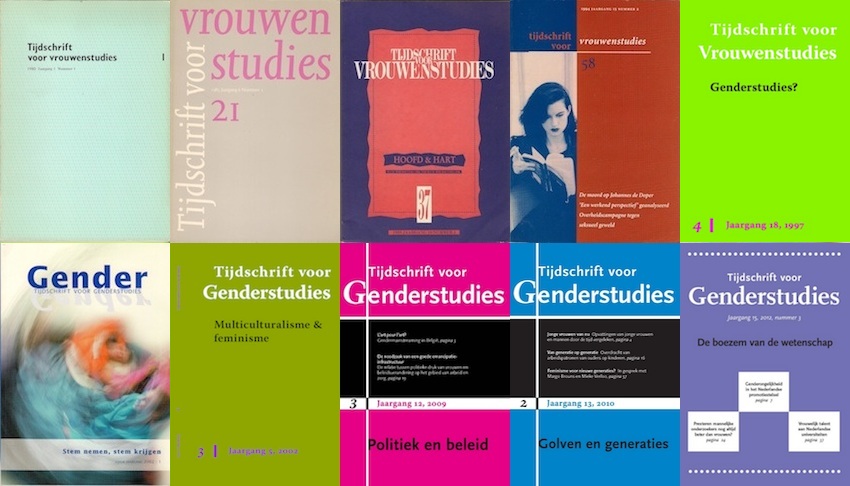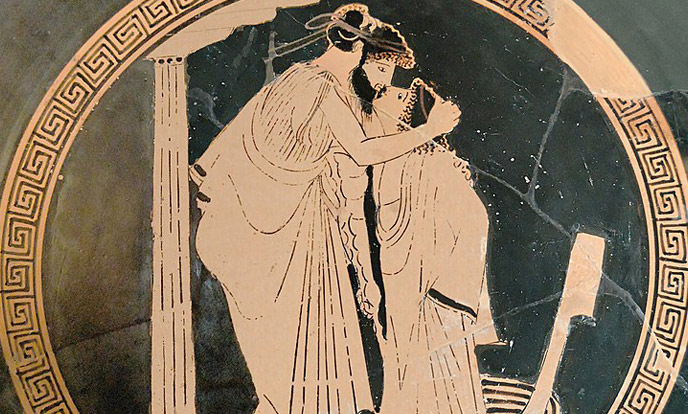Theme Issue of the Canadian Journal of History/Annales canadiennes d’histoire. Guest Editor Dr. Alessio Ponzio, University of Saskatchewan
The history of sex, sexuality, and gender is a history of conflicts and resistance, of “steps forwards” and “steps backwards,” of “revolutions” and “counter-revolutions.” Historians of sexuality and gender analyze practices, behaviors, experiences, and identities, while emphasizing how sex, sexuality, and gender are inextricably interconnected with social, political, and ideological power structures. Social attitudes towards sex, sexuality, and gender are prone to vary continuously. And, given the unpredictability and instability of such attitudes, we cannot anticipate how the boundaries between the “charmed circle” and the “outer limits” – in Gayle Rubin’s words – will shift over time. However, as historians, we can analyse how the construction of patriarchal, heterosexist, and cisgender-centric citizenships have affected lives, bodies, and experiences of 2SLGBTQ+ individuals in the last centuries.
Citizenship seems to be “an on/off kind of concept.” You have it or you do not. You are a citizen, or you are not. However, there are different degrees of citizenship. Many individuals, despite possessing citizenship-as-a-legal-status, are not full-fledged members of their communities. Laws and social conventions draw a line between first- and second-class citizens. Sex, sexuality, and gender are deeply implicated in notions and practices of citizenship, and they deeply affect the acceptance in, or the rejection from, the polity of homosexual, bisexual, trans*, gender non-conforming, intersex, asexual and kinky individuals. Stigmatization and discrimination against queer individuals can lurk de facto even in countries that recognize de jure that all individuals are equal before the law. Sex, sexuality, and gender – together with other identity categories such as race, ethnicity, religion, class, education, language, able-bodiedness, etc. – establish hierarchies of citizenship.
For this thematic issue of CJH/ACH, we invite scholars to send proposals that seek to analyze, deconstruct, and problematize the history of sexual and gendered citizenship in the “modern world” (~ nineteenth- to late twentieth-century) from a queer perspective. We particularly welcome contributions with a transnational and comparative approach, and articles analyzing this issue from intersectional, post-colonial, and indigenous perspectives.
Those interested should send a brief CV and an abstract of 300 words by September 15, 2021 to cjh@utpress.utoronto.ca.
Invited authors will be notified in October 2021 and asked to submit a full 10,000-word article by February 15, 2022. Manuscripts for consideration will undergo double-blind peer review, with authors notified about publication decisions in May, and accepted papers appearing in the Winter (November/December) 2022 edition of CJH/ACH.








